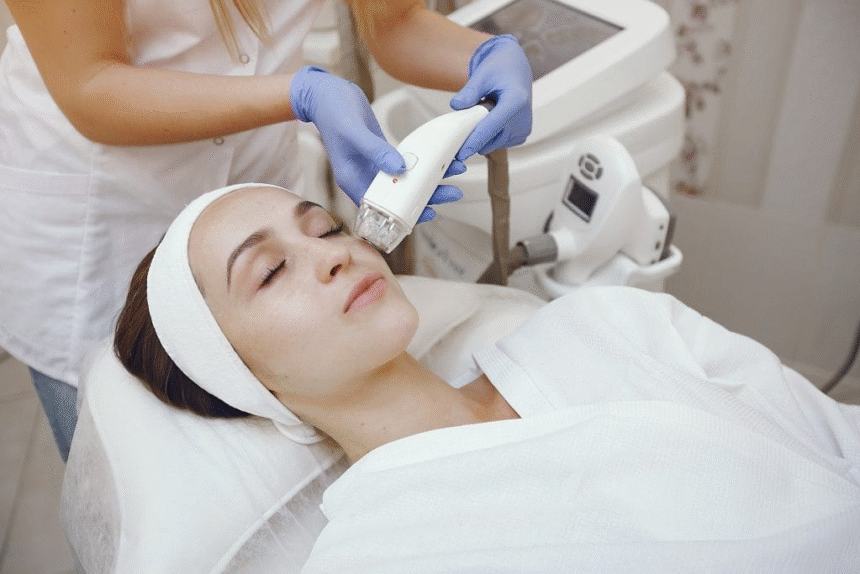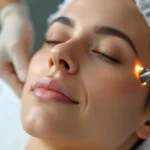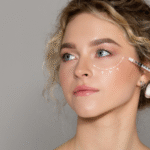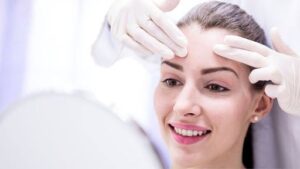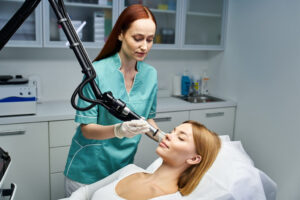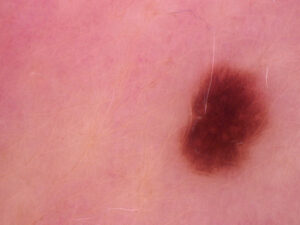Acne can affect people of all ages, causing pimples, blackheads, and deep cysts that may leave scars if untreated. While mild breakouts may respond to over-the-counter products, moderate to severe acne often needs professional care. Dermatologists use a variety of evidence-based treatments tailored to each person’s skin type, acne severity, and lifestyle. Their goal is to reduce inflammation, clear pores, and prevent future breakouts effectively and safely.
Accurate Skin Assessment
The first step in effective acne treatment is diagnosis. A dermatologist examines the skin to determine:
- The type of acne (blackheads, whiteheads, cystic, inflammatory)
- Severity and location
- Skin type and sensitivity
- Possible triggers (hormones, medications, stress, skincare habits)
This helps create a personalized treatment plan.
Topical Treatments
Dermatologists often prescribe medicated creams or gels to target acne directly on the skin. Common options include:
- Retinoids (like tretinoin): unclog pores and reduce inflammation
- Benzoyl peroxide: kills acne-causing bacteria and dries excess oil
- Antibiotic creams (like clindamycin): reduce redness and bacterial growth
- Salicylic acid or azelaic acid: exfoliate and prevent clogged pores
These are usually applied at night and used consistently.
Oral Medications
For moderate to severe acne, especially cystic or hormonal types, oral medications may be recommended:
- Antibiotics (e.g., doxycycline, minocycline): reduce bacteria and inflammation
- Hormonal therapy (e.g., birth control pills or spironolactone): balance hormones that cause acne
- Isotretinoin (Accutane): for severe or resistant acne; reduces oil production long-term
These require regular monitoring for side effects and progress.
Professional Procedures
In-office treatments offer additional support for stubborn acne:
- Chemical peels: remove dead skin layers and unclog pores
- Cortisone injections: reduce large, painful cysts quickly
- Laser or light therapy: reduce oil production and bacteria
- Extraction: professionally removes blackheads or whiteheads
These methods are often combined with home care for best results.
Skincare Guidance
Dermatologists help patients build a gentle, acne-safe skincare routine that includes:
- Non-comedogenic cleansers and moisturizers
- Regular but mild exfoliation
- Daily sun protection to prevent irritation and dark spots
- Avoiding harsh scrubs and over-washing, which worsen acne
Education on product use prevents misuse and side effects.
Monitoring and Adjustment
Acne treatment takes time—usually 6 to 12 weeks. Dermatologists schedule follow-up visits to track improvement and adjust treatment if needed. This step-by-step process ensures long-term success and helps prevent scarring.
Emotional Support
Acne can impact self-esteem, especially in teens and young adults. Dermatologists often address the emotional aspect of acne and may refer patients to mental health support if needed.
Conclusion
Dermatologists treat acne effectively through a combination of personalized skin assessments, targeted medications, in-office procedures, and long-term care. Their expertise helps patients achieve clearer skin, avoid scarring, and regain confidence. Whether the acne is mild or severe, early and professional treatment offers the best chance for lasting results.


